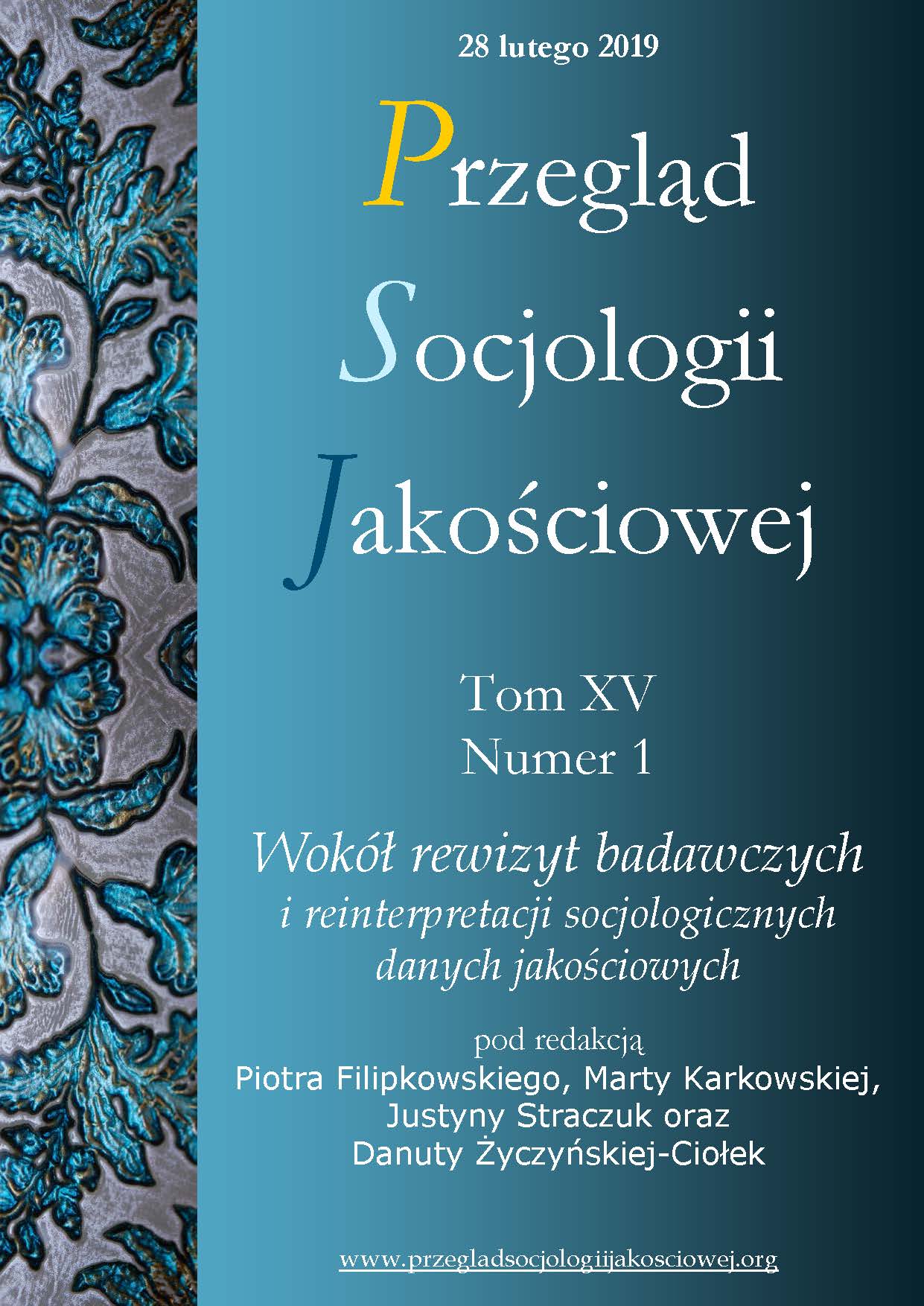Klasa ludowa i klasa średnia wobec kryzysu uchodźczego w perspektywie małego miasta
Working and Middle Class and a Refugee Crisis in the Perspective from the Small Town Perspective
Author(s): Katarzyna DębskaSubject(s): Social Sciences, Islam studies
Published by: Wydawnictwo Uniwersytetu Łódzkiego
Keywords: refugees; islamophobia; working class; middle class
Summary/Abstract: There are several analyses of the attitudes of Polish society towards refugees and Islam believers in Polish sociology; however, it lacks deepened qualitative consideration of its class dimension. The article presents results of the analysis of material collected by the research team of Maciej Gdula who in May and June 2017 carried out biographical and scenario interviews with inhabitants of a small town located in central Poland. In order to preserve anonymity of our interviewees the town was called “Miastko.” The article concerns the problem of diversity of attitudes towards refugees among people from working and middle classed. The material let the author analyse interviewees’ attitudes towards accepting refugees in Poland, their assessment of the European Union’s activities in the refugee crisis and ways of helping refugees and refugees preferred by respondents using analyses of class dispositions and the dynamics of habitus characteristic to working and middle classes. In the article the category of islamophobia is used. Islamophobia is a phenomenon occurring both in the working class and in the middle class, however, class ways of expressing it differ. The article omits the issue of the upper class due to the specifics of the study location. The reluctance of middle class representatives towards refugees is focused on their alleged refusal to accept the rules of host societies, whereas the representatives of working class justify their disagreement with accepting refugees with their reluctance to work and expectations regarding social payments. The biographical method and semi-structured in-depth interviews were applied in the data collection process. Biographical interviews in the analysis are treated as auxiliary material. They were analysed in accordance with the rules of biographical analysis. Semi-structured interviews were coded using the NVivo program and then analysed in a comparative perspective. In addition to class membership, gender and generation dimension were also taken into account.
Journal: Przegląd Socjologii Jakościowej
- Issue Year: XV/2019
- Issue No: 1
- Page Range: 92-115
- Page Count: 24
- Language: Polish

